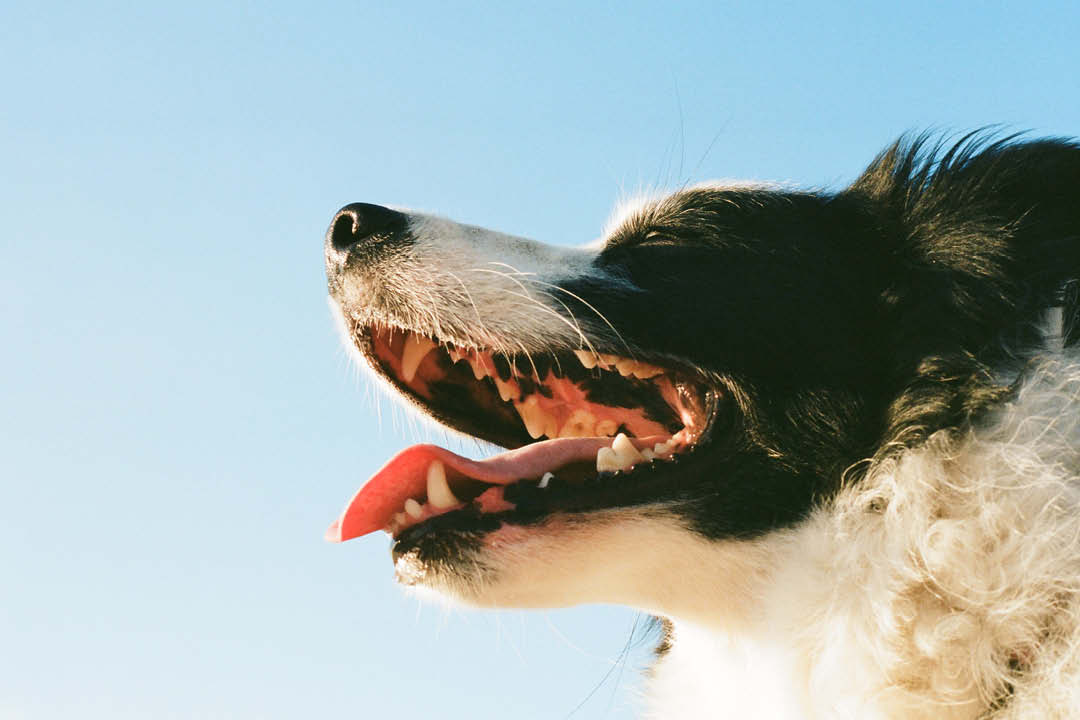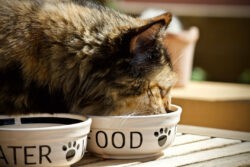Did you know that you should be taking better care of your dog or cat’s teeth?
An element of caring for a pet that many owners struggle with is their teeth. The vet will take a look at your cat or dog’s teeth at their annual check-up/vaccination update, and chances are they’ll make a comment on the condition of your pet’s teeth and gums.
Keep an eye on the condition of your pet’s teeth, and always get veterinary advice if you are concerned. We know ourselves, how painful a chipped tooth can be, and how uncomfortable it is to eat or drink with a sore mouth. A pet is unable to articulate their discomfort, though not eating is often a sign.
If you notice a build-up of tartar on your pet’s teeth or would like advice on looking after his mouth, take your pet along to the veterinary surgery and ask for advice on dental care for your individual pet – you may even get a demonstration!
BRUSH REGULARLY
Prevention is better than cure. Ideally you should begin a tooth care routine when your pet is young. Ask for tips when you take your new pup or kitten for their first vaccinations. You can buy pet-friendly brushes and toothpastes, at a pet shop or your veterinary practice. It’s essential to use a pet-specific toothpaste as human toothpaste is toxic to cats and dogs!
You can begin with a pet specific finger-brush or a soft pad until your pet becomes used to the process and you can move onto a brush. Dogs tend to tolerate this more readily than cats, who are more likely to put up a resistance. But be gentle and patient, and build it into your care routine, with a treat reward for them when you’re done.
Look out for foods and treats which have benefits for your pet’s teeth, providing a crunch that helps control plaque and tartar build up. Dogs can have natural chews and toys that have been designed to help improve dental health.
WARNING SIGNS
Your pet’s teeth can develop a build-up of plaque which, if left untreated, can become tartar – a hard substance made up of bad bacteria. This build up will eventually cause gingivitis, signs of which are red, swollen gums that may bleed, as well as bad breath. Gingivitis is of concern because it can lead to bacteria getting into the bloodstream and can, in extreme cases, cause heart and kidney problems.
The following are signs there may be a problem with your pet’s mouth:
· Smelly breath
· Red or swollen gums
· Bleeding gums
· Yellow crusty build up on the teeth
· Excessive drooling
· Dropping food from the side of the mouth
· Reduced appetite and weight loss
For more information, including owner FAQs, go to the British Veterinary Dental Association’s website www.bvda.co.uk







